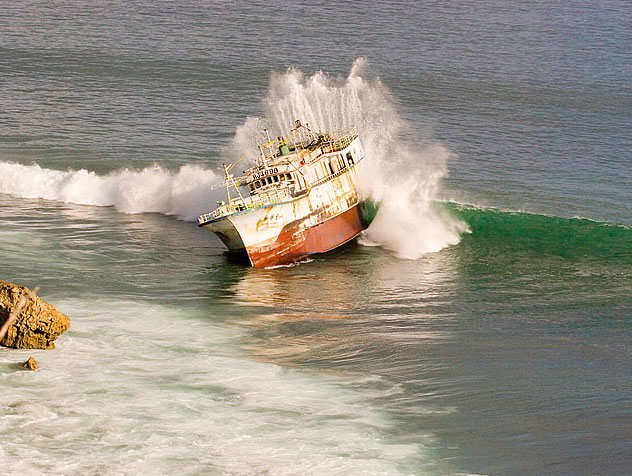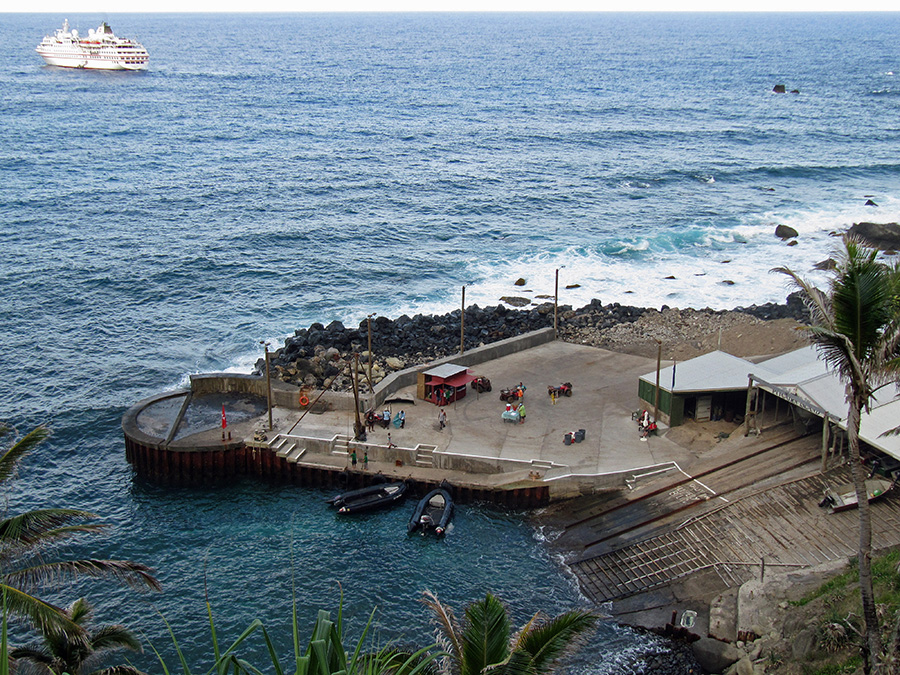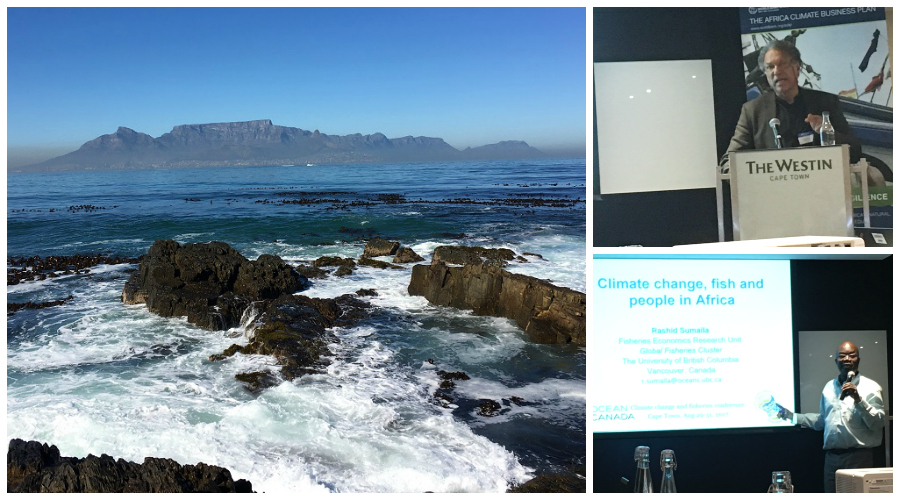Leading insurers from around the world have committed to take action on pirate fishing, an unlawful practice that costs the global economy tens of billions of dollars in losses every year and contributes to overfishing and the destruction of vital marine habitats and ecosystems.
According to a press release by Oceana, two dozen companies including Allianz Global Corporate & Specialty, AXA, Generali, Hanseatic Underwriters and The Shipowners’ Club have co-sponsored the world’s first insurance industry statement on sustainable marine insurance.










